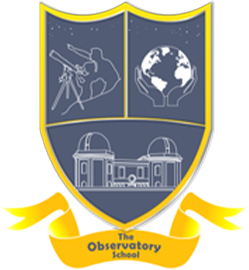The Knowledge Curriculum KS3
The knowledge faculty consists of mathematics, science, science, technology, engineering and mathematics (STEM) and humanities (history and geography) departments. Each department has a specialist lead teacher, who oversees the teaching, learning and assessment within each subject. The subject specialists are supported by a key stage 2 link teacher who is responsible for the implementation of the subjects in their phase.
| Mathematics | Science | STEM | Humanities | |
|
Entry Level 1-3 Functional Skills Level 1 and 2 Edexcel GCSE |
ASDAN science (informal) Entry Level Certificate in science (level 1-3) GCSE Combined science (Double award) |
BCS Robotics Level 1 |
ASDAN geography(informal)
BTEC level 1 Introduction to travel and tourism |
|
When achieving these qualifications, students are encouraged to develop skills in reasoning, problem solving, analysing, social, literacy, numeracy and ICT. These skills will equip students with the ability to succeed across all subjects and within the world around them.
The faculty will offer opportunities to students to participate in major national projects, such as the First Tech Robotics Challenge. This is delivered through lunchtime and after-school STEM clubs. Due to the wide range of needs across the school, classroom learning is also supplemented by consideration of Individual Education Plans (IEPs), Educational Health Care Plans (EHCPs) and multi-agency reports. We encourage a love of learning through extracurricular activities. These include field trips, field work and practical learning opportunities. During these experiences, students apply the skills they have learned in the classroom within a practical setting, this enables the students to make links with different subjects and encourages independence.
The knowledge faculty will work closely with the other faculties, ensuring we make best use of all available assessment data. Reading assessment data will inform teaching to ensure the curriculum is accessible to all learners.
The faculty strives to ensure that the learning is relevant to the students and to the world around them. This is achieved through planning current affairs, new discoveries, practical applications and localised studies into the lessons.

